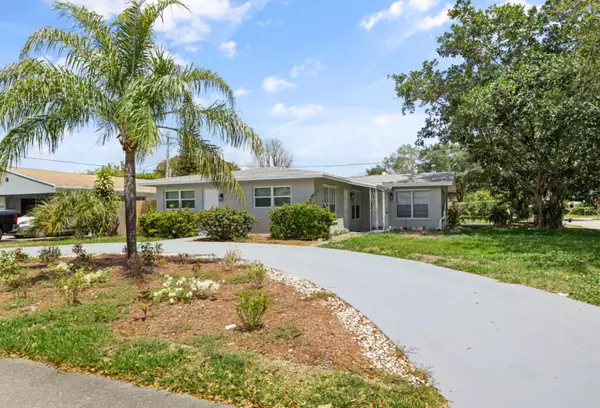How interest rates affect buying power.

One of the key factors that determines a buyer's purchasing power is the mortgage interest rate. A mortgage is a loan provided by a lender to help finance the purchase of a home. The interest rate on this loan directly affects the monthly payment that a buyer needs to make.
To illustrate this, let's consider a scenario where an individual is looking to purchase a $500,000 property. This is around the average price for a home in Palm Beach County, FL. If the interest rate is 8%, their monthly mortgage payment would be around $3,667. However, if the interest rate drops to 3%, their monthly payment would decrease to approximately $2,108. That's a substantial difference of nearly $1,559 per month. To put this in perspective, a borrower would need to make around $120,000 per year just to qualify for the mortgage payment at $3667. That is without taking into account any other debts, such as a car loan, credit cards, personal loans, etc.
This example clearly demonstrates how interest rates can impact a buyer's budget. With lower interest rates, buyers can afford higher-priced properties while keeping their monthly payments relatively stable. On the other hand, higher interest rates can reduce a buyer's purchasing power, forcing them to consider properties with lower price tags.
Additionally, interest rates can affect a buyer's debt-to-income ratio (DTI). DTI is a financial metric that compares an individual's monthly debt payments to their monthly income. Lenders use this metric to assess a borrower's ability to manage their debt obligations. A higher DTI ratio may indicate financial strain and can affect a buyer's eligibility for a mortgage.
Now, let's further analyze the impact of interest rates by looking at the long-term picture. The length of a mortgage term is typically 15 or 30 years. When interest rates are lower, homeowners can save a significant amount of money over the life of their loan.
Returning to our previous example, if a buyer were to choose a 30-year mortgage at 8% interest, they would end up paying approximately $1.3 million in interest over the loan term. However, if they secured a mortgage at 3% interest, their interest payments would reduce to around $289,000. That's a staggering difference of over $1 million!
Lower interest rates not only result in lower monthly payments but also substantial savings in interest payments over the long run. This can have a significant impact on a buyer's financial well-being, allowing them to invest in other opportunities or pay off their mortgage faster.
Categories
Recent Posts









"My job is to find and attract mastery-based agents to the office, protect the culture, and make sure everyone is happy! "
8291 Championsgate blvd., Championsgate, FL, 33896, United States
